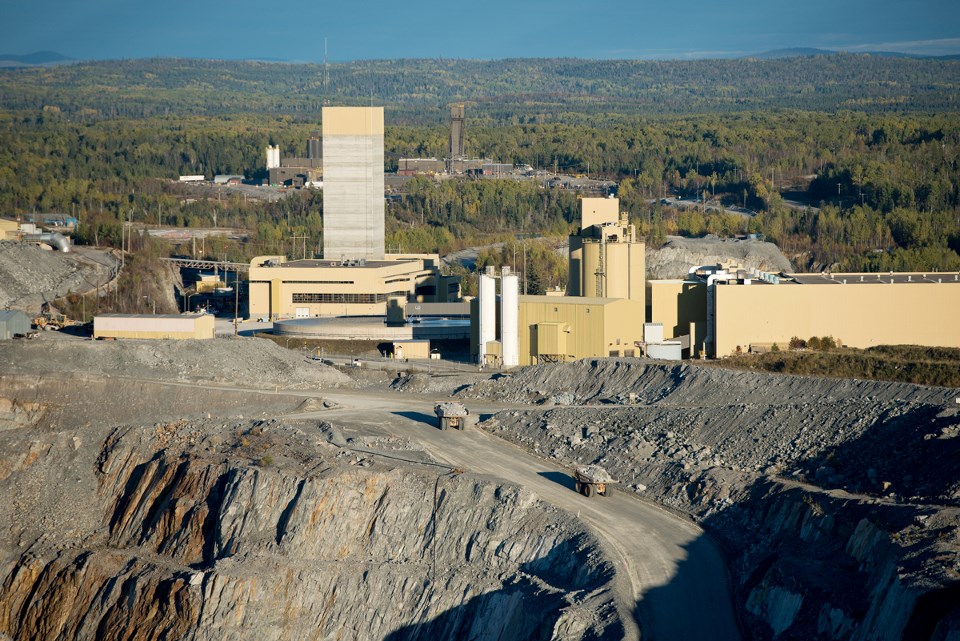North Shore miner Barrick Gold is endorsing a new international standard for managing current and future mine tailings facilities with the aim of preventing waste dam failures.
The Global Industry Standard on Tailings Management was born from a year-long review process by United Nations Environment Programme, Principles for Responsible Investment (PRI) and the International Council on Mining and Minerals.
With more than 12,000 tailings storage facilities globally, the goal of the review was to establish a standard of the safer management of mine waste, by strengthening environmental, social, governance and technical practices of the mining industry across the entire lifecycle of these facilities.
The review was started in response to a catastrophic failure of Vale's tailings facility at its Corrego do Feijão mine in Brumadinho, Brazil, in January 2019. The waste dam collapsed and released 11.7 million cubic metres of mine waste through the nearby town and countrysice, killing 259 people with 11 others presumed dead.
Want to read more stories about business in the North? Subscribe to our newsletter.
Barrick, which participated in the review process, said in an Aug. 5 release that this rigorous, multi-stakeholder review will improve tailings management practices and reduce the potentially catastrophic risk to people and the environment of tailings dam failures.
“We put safety at the centre of our tailings management and it determines how we manage these facilities from location and design to operation and safe closure," said Grant Beringer, Barrick's group sustainability executive.
"Our facilities are meticulously engineered and regularly inspected, with special attention given to those in regions with high rainfall or seismic activity."
Barrick operates the Hemlo mine complex and the Williams Mine, located near the north shore of Lake Superior, about 350 kilometres east of Thunder Bay.
“Our tailings and heap leach management standard comprises six levels of inspection and surety," added Beringer.
"These range from high-tech monitoring technology, including piezometers, inclinometers, drone and satellite surveys, to movement detection and drainage measurement. Internal specialists conduct regular assurance audits and our tailings management is also reviewed by an independent tailings review committee composed of internationally recognized experts in this field.”
Brazilian miner Vale didn't immediately issue a statement extending its support for the initiative but putting those kind of safeguards in place to protect Sudbury was a high priority expressed by Dino Otranto, Vale's chief operating officer of North Atlantic Operations and Asian Refineries, at a business luncheon in Sudbury last winter.




